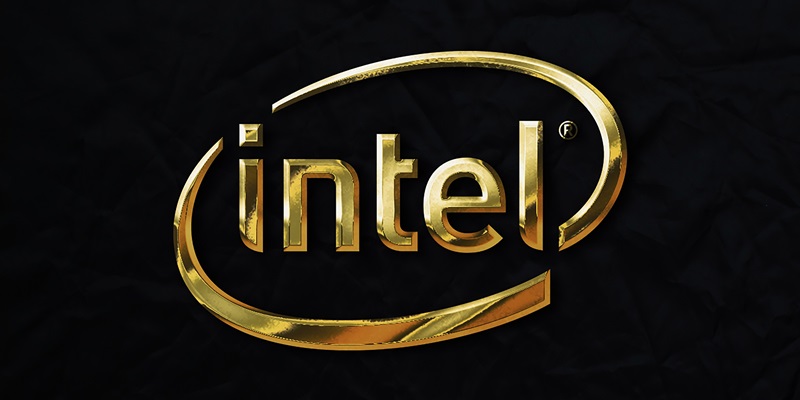With the rapid growth of artificial intelligence (AI) applications, the performance of AI inference has become a critical factor in determining efficiency and effectiveness. In this article, we delve into the remarkable performance achieved by Intel’s Gaudi 2 accelerator, the consistency of its results with real-world data, the growing awareness of Gaudi’s potential, and a sneak peek into the upcoming Gaudi 3.
Performance of Gaudi 2
The phenomenal performance of Gaudi 2 has garnered significant attention. Notably, its prowess in Large Language Model (LLM) inference has left a lasting impact. Gaudi 2 has impressively achieved high utilization, showcasing the accelerator’s remarkable capabilities. The utilization results have far surpassed expectations, signaling Intel’s commitment to delivering top-notch AI inference solutions.
Consistency with Data and Customer Feedback
Intel’s dedication to ensuring accuracy is evident in the alignment between the reported benchmarks and the data from its own measurements. This reinforces the trust customers place in Intel’s reports. Additionally, Intel values customer feedback, recognizing its essential role in assessing hardware and software compatibility for specific models and use cases. This customer-centric approach adds credibility to the performance claims made about Gaudi 2, thereby instilling confidence among potential users.
Increased Awareness of Gaudi as an Alternative
Despite Gaudi being referred to as Intel’s “best-kept secret,” the importance of publication reviews cannot be undermined. Increasing awareness surrounding the exceptional capabilities of Gaudi is vital for customers to consider it as a viable alternative to existing technologies. The availability of detailed reviews and performance benchmarks allows customers to make informed decisions and leverage the potential that Gaudi offers.
Both Intel and Nvidia actively participate in the MLPerf benchmarks, which serve as a comprehensive measure of performance for training and inference tasks. The frequent updates to these benchmarks ensure that the latest advancements are accurately reflected. These industry-accepted benchmarks provide valuable insights into the advancements made by Gaudi and other AI inference accelerators.
Role of Customer Testing
While third-party benchmarks remain crucial, many customers rely on their own testing to ensure that the hardware and software stack seamlessly integrates with their specific AI models and use cases. Customized testing allows customers to assess performance, compatibility, and potential optimizations tailored to their unique requirements. This further underscores the need for Intel to collaborate closely with customers to achieve optimal results.
Introduction to Gaudi 3
Building upon the success of Gaudi 2, Intel’s next-generation product, Gaudi 3, is already generating anticipation. Boasting a 5-nanometer process, Gaudi 3 is poised to deliver unprecedented performance gains. With a fourfold increase in processing power and doubled network bandwidth, Gaudi 3 signifies another remarkable leap in AI inference technology.
Launch and Mass Production Timeline
Intel plans to launch Gaudi 3 and commence mass production in 2024. The significant investments and advancements made by Intel demonstrate their commitment to pushing the boundaries of AI inference. Gaudi 3’s arrival promises to redefine performance and solidify Intel’s position as an industry leader.
Performance Leadership of Gaudi 3
Gaudi 3 builds upon the foundation laid by its predecessor, Gaudi 2, and is poised to deliver performance leadership in the AI inference landscape. Intel’s relentless pursuit of excellence ensures that Gaudi 3 will continue to exceed expectations and elevate the standard for AI inference accelerators.
Convergence of HPC and AI Accelerator Technology
Intel recognizes the importance of merging high-performance computing (HPC) and AI accelerator technology to unlock new possibilities. Intel’s ongoing research and development efforts aim to create future generations of accelerators that will seamlessly integrate HPC and AI capabilities, providing a hybrid solution for diverse workloads.
Importance of CPU Technologies in AI Inference
While AI accelerators have gained considerable traction, Intel reaffirms its belief in the continuing value of CPU technologies for AI inference workloads. Intel’s expertise in CPU architectures contributes to a holistic approach, leveraging the strengths of both CPUs and accelerators to deliver optimal AI inference performance.
Intel’s Gaudi 2 accelerator has demonstrated impressive performance in AI inference, aligning with real-world data and receiving positive customer feedback. The increasing awareness of Gaudi’s capabilities highlights its potential as an alternative solution. Looking forward to the launch of Gaudi 3 in 2024, Intel remains committed to leading the industry, converging HPC and AI accelerator technology, and leveraging the strengths of CPU technologies for optimal AI inference performance. As the AI landscape continues to evolve, Intel’s unwavering dedication to pushing the boundaries of performance will undoubtedly shape the future of AI inference.

